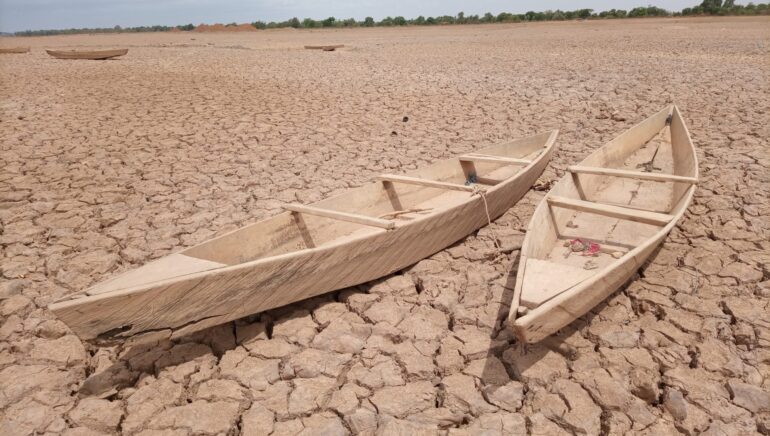In August 2021, the IPCC (Intergovernmental Panel on Climate Change) published the first report of the 6th season of reports on global climate change. This report forms the scientific basis in the field of physics for the subsequent reports.
The IPCC works within the framework of the United Nations to provide governments and decisionmakers with frequent assessments that illustrate the effects and future risks of, and options to adapt to future climate change.
234 authors from 34 countries contributed to the report. It refers to 14,000 scientific publications and 78,000 reviews/comments. 46 countries were able to comment on the finished version.
Climate change is manmade
One of the core statements of the report is the scientific fact that anthropogenic influence has warmed up the atmosphere, land, and oceans since 1750. This results in extensive changes in the atmosphere (the earth’s protective shell), the cryosphere (ice and snow), and the biosphere (all living beings). Also, each of the previous four decades was warmer than any other decade before that, from 1850 to today. The global rise in the average temperature since 1850-1900 and 2011-2019 has been about 1.1 degrees celsius (from here abbreviated with degree). Global warming amounted to +1 to +2 degrees celsius due to known greenhouse gases, whereas other human influences such as aerosols caused average temperatures to cool between 0 and 0.8 degrees. Natural (i.e. not human) causes were responsible for changes in the range between -0.1 and +0.1 degrees. The internal variability of the system also causes fluctuations between -0.2 and +0.2 degrees. Scientists have established with a high degree of certainty that greenhouse gases are responsible for the warming troposphere since 1979 and that the decrease in ozone in the stratosphere between 1979 and the mid-1990s caused the stratosphere to cool.
The simulation of the development of temperatures below juxtaposes natural causes (sun, volcanos) with human causes:
Heat waves and droughts are becoming more frequent and more intense
Heat waves, precipitation, and the resulting soil moisture have been established by the report as relevant physical risks. In all analysed scenarios (+1 or +1.5, +2, and +4 degrees), the land surface is affected more significantly by heat on a global scale than oceans, and the Arctic and Antarctica warm up faster than tropical regions. In higher altitudes as well as in the equatorial Pacific region and in monsoon regions, the amount of expected precipitation increases as well. However, in the subtropics and some tropics regions, precipitation will decrease. The degree of soil moisture follows the same pattern. We can also expect drastic changes with regard to the frequency of extreme weather events. Heatwaves, which in a world without human influence occur once every 50 years, were measured only once in 1850-1900. In the +1-degree scenario (which we are in at the moment), they have come up almost 5 times as often and at a 1.2 degrees higher intensity as well. In the +2-degree scenario, they occur 14 times as often. And finally, in a 4-degree scenario, these extreme events happen 40 times as often, with an intensity 5 degrees higher than between 1850 and 1900.
The situation is similar for heat waves and droughts that affect agriculture and ecological systems negatively. Between 1850 and 1900, they were observed only once. Now, they occur almost twice as often, and in a +4-scenario, they would happen four times as often.
Temperature rising in Europe more drastically than on (global) average
According to the results of the report, temperatures will rise above global average in Europe. Extreme-heat events will occur more frequently, and critical thresholds for ecosystems and anthropogenic systems will be crossed. The frequency of cold waves and days below zero will continue to decline. Whereas in the Northern hemisphere an increased amount of precipitation is to be expected for the winter months, in the Mediterranean region the opposite is going to be the case during summer. As a result, more frequent heat waves and droughts, i.e. dry conditions favouring large-scale fires, can be expected for the whole of Europe, but particularly for the Mediterranean regions. Floods will become more frequent in Europe, and the sea level will rise everywhere except in the Baltic region. As a result, coastlines will shift as well. Much like in past years, glaciers and permafrost will recede further, and the periods of snow cover in higher altitudes will become shorter.
Legal note:
Prognoses are no reliable indicator for future performance.

